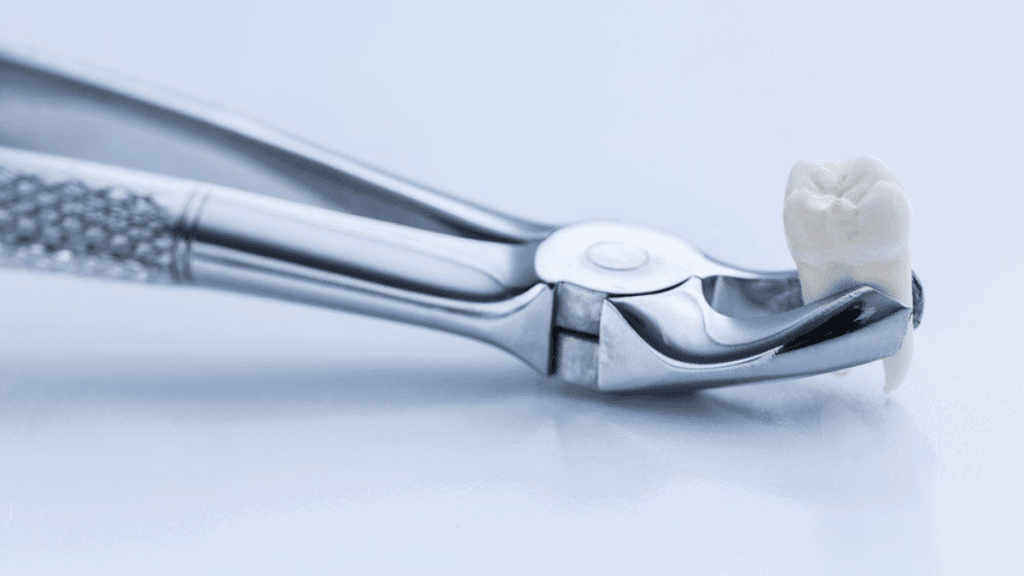Understanding Third Molars and Their Impact
Why Third Molars Can Cause Problems
Wisdom teeth—also called third molars—often erupt later in life, usually during late teens or early twenties. Because these teeth develop long after the rest of your dental structure has been established, they may not have enough space to grow properly. This can lead to impaction, infections, or pressure that shifts your other teeth out of alignment.
Common symptoms include swelling in the gums, jaw stiffness, and recurring pain in the back of the mouth. If untreated, impacted wisdom teeth can pose long-term risks such as cyst formation or damage to neighboring teeth.
Assessing the Need for Removal
When to Consider Wisdom Teeth Removal in Vegas
Dentists generally suggest removal once wisdom teeth begin causing physical issues. Signs include consistent pain, repeated infections near the gum or jawline, and noticeable harm to surrounding teeth. X-rays and examinations help confirm whether the molars are impacted or dangerously near important nerve pathways.
Timing can make a difference. Removing wisdom teeth early—before severe symptoms appear—may reduce recovery challenges and complications. Patients should balance proactive decisions with careful observation of their dental health.
Exploring Surgical Settings
Picking the Best Facility for Third Molar Surgery
The type of facility matters for wisdom teeth extraction. Many choose in-office procedures using local anesthesia or nitrous oxide for simplicity and cost-effectiveness. Others prefer outpatient surgical centers for advanced options like IV sedation or general anesthesia, which offer deeper comfort and supervision but may increase costs.
| Setting Type | Benefits | Considerations |
| In-Office Extraction | Affordable, convenient | Limited sedation options |
| Outpatient Surgery Center | Comprehensive sedation options | Higher cost, requires detailed coordination |
Discussing insurance coverage and potential costs in advance can help you select the right setting for your needs.
Preparing for Your Procedure
Effective Pre-Op Planning for Wisdom Teeth Extraction
Preparation is key for a smoother experience. Here’s a helpful checklist:
- Schedule a pre-op consultation to discuss your health history and ask any questions about the procedure.
- Arrange transportation: You’ll need someone to drive you home after sedation.
- Stock up on soft foods: Soup, smoothies, mashed potatoes, and yogurt are ideal options for the first days of recovery.
- Confirm instructions: Ensure you understand whether you can eat or drink before sedation.
Sharing information about allergies, medications, and previous reactions to anesthesia will help your oral surgeon tailor the procedure for your specific needs.
Managing Pain and Recovery
Top Strategies for Managing Pain and Promoting Healing
Controlling post-op pain is essential for a smooth recovery. Many patients start with over-the-counter medications like ibuprofen. Surgeons may prescribe stronger pain relievers when needed.
Here are proven recovery strategies:
- Use cold packs to minimize swelling. Alternate 20 minutes with the pack on, then 20 minutes off.
- Keep your head elevated while resting to reduce blood flow toward the extraction site.
- Rinse gently with warm salt water to clean the area without disturbing delicate tissues.
Plan to start with liquid or soft food before gradually introducing solids over several days. Avoid spicy, hot, or chewy foods that could irritate the healing site.
Recognizing Warning Signs
Identifying Complications After Wisdom Teeth Removal
While minor discomfort is normal, certain symptoms require attention:
- Dry socket: Severe, radiating pain several days after surgery, often with bad breath or taste.
- Prolonged bleeding: Blood should stop by the second day; if it doesn’t, contact your dentist.
- Signs of infection: Fever, increasing swelling, or pus discharge may signal complications needing treatment.
If you notice any of these problems, don’t delay reaching out for professional care. Acting quickly can prevent worsening issues.
Taking the Next Step Toward a Healthy Smile
Questions That Guide Your Wisdom Tooth Extraction Decision
As you weigh options for your extraction, consider asking these questions:
- “What precautions do you take with impacted teeth?”
- “What sedation methods do you provide, and which is best for me?”
- “How long until I can resume daily activities like work or school?”
For trusted wisdom teeth removal Las Vegas services, reviewing patient feedback and surgical expertise is always a great step before deciding on a provider.
Ensuring a Smooth Path to a Healthier Smile
Wisdom tooth extraction can prevent long-term dental problems when planned well. Choosing the right timing, facility, and post-op care will simplify your experience. Keep an eye out for complications, and stay proactive with any questions about your health.
Taking careful action now can lead to better oral health for years to come.

